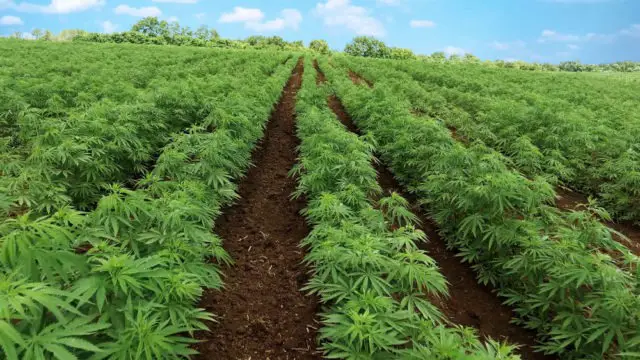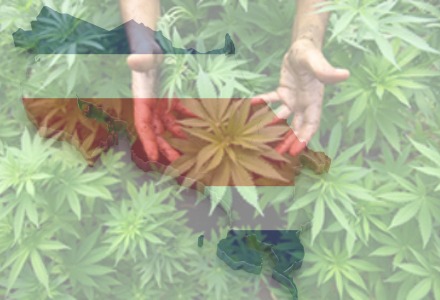
In recent days, the TCRN team had a conversation with the Deputy of Costa Rican Legislative Assembly, Zoila Volio, regarding her interest in promoting the initiative of Law 21,388. It is worth noting that Deputy Volio belongs to the Environment Commission and the project has the name “Cannabis and Hemp Production Law for Medicinal Purposes”.
This Law project has been promoted by the deputy since March 2019 when she presented the first project (Exp. 21,315) and subsequently requested that it be archived to make some changes to it. It is when she decided to resubmit it under file number 21,388 in May of the same year and is the one that the legislative currently is taking into consideration.
Now, “Why promote Hemp and Cannabis in Costa Rica?” It was one of the questions asked to the deputy, for which she answered, that from both plants many benefits are extracted. “In the case of Hemp, it can be used both at an industrial level and for example, in the manufacture of textiles, oils, lubricants, and bioplastics, among others. And also at a food level, in the manufacture of many products.”
In the case of Cannabis, because it contains the psychoactive THC, that can be used for medicinal products with a therapeutic effect. In her opinion, its production would generate employment and income for many people in the country and that both plants could generate a better quality of life for patients who require it for the treatment of different diseases, both of these are solid arguments in favor.
The topic of the proposed Law, in addition to the interest in the cultivation of Cannabis and varieties such as Hemp, is now kept in the discussion here in the country, including, through the presentation of the annual report by President Carlos Alvarado, who himself spoke about the – measures- with which he plans to rebuild the economy.
The COVID-19 crisis has allowed Hemp and Cannabis cultivation and processing to be taken into account, being part of the reactivation factors for the productive sector, with guarantees and security. According to experts, the Central American country has the agro-ecological conditions for the production of industrial hemp.
Situations to be resolved…

For Juan Rafael Lozano, President of the Chamber of Agriculture and Agribusiness, Cannabis/Hemp being a plant of the same genus as Marijuana, “has caused problems for importing the seed, there are people who have been trying to introduce the seed for more than five years to the country and they have had to process red tape like certifications from the Drug Institute,” he said.
The illegal activity also creates pressures on the environment. In 2019, the State of the Nation report revealed that between 2007 and 2018, judicial authorities seized 35 hectares of Marijuana within Protected Wild Areas, equivalent to 87 soccer fields.
Previously, in TCRN we highlighted that the market for medical Cannabis worldwide could move up to 26 billion dollars for the year 2021. In this regard, Cannabis is legal in 21 countries with a market of 771 million users, according to a study by Deloitte Canada.
Are there other alternatives for the cultivation and processing of Cannabis/Hemp in Costa Rica?
It was another of the questions that we asked deputy Zoila Volio, who added, that at the present moment they are focused on highlighting the great benefits that Cannabis/Hemp would bring to the country, which translates into a better quality of life for the people who would use them in the treatment of their illnesses, job creation and generating currencies, more in the times that we are living with the Pandemic and the economic crisis.
Within an environmental framework, in which specific areas would Cannabis/Hemp cultivation be detrimental to some natural areas of Costa Rica? For deputy Volvol, this is an issue that must be addressed by the Ministry of Agriculture and Livestock, when it begins with the corresponding studies to determine the most appropriate sectors for cultivation.
Finally, we asked the Deputy if the law would open doors for the legalization of other natural
drugs. In her opinion, doors would not be opened at all in this respect, since it should be taken into account that the project pursues two main objectives:
The first is the generation of a pharmaceutical industry around the products resulting from the cultivation and processing of Cannabis/Hemp. And the second is to provide national and international consumers with quality products formulated and produced under the best international standards and practices. “This project is focused on the regulation of the medicinal and industrial production of Cannabis and Hemp exclusively”, she concluded.

